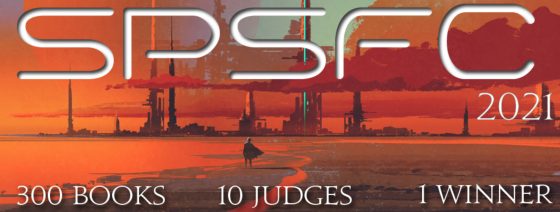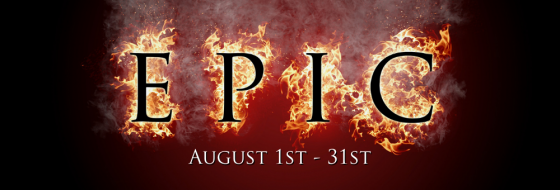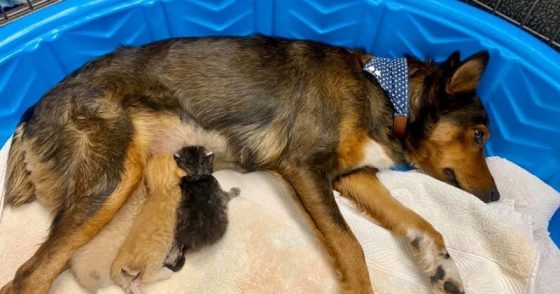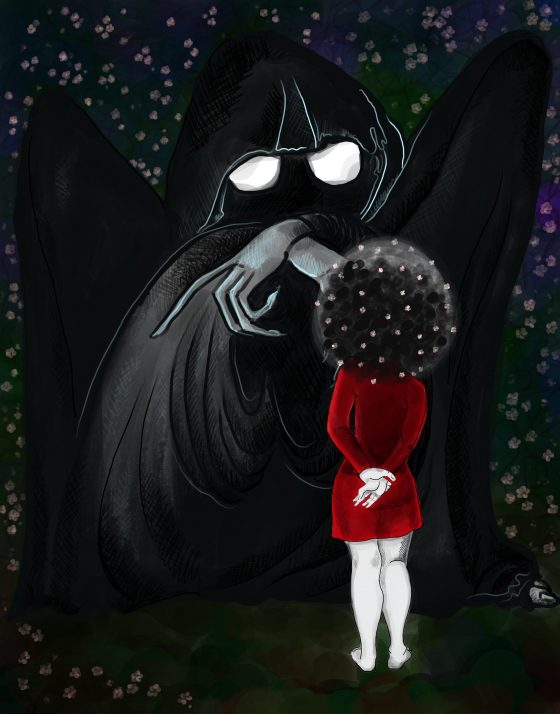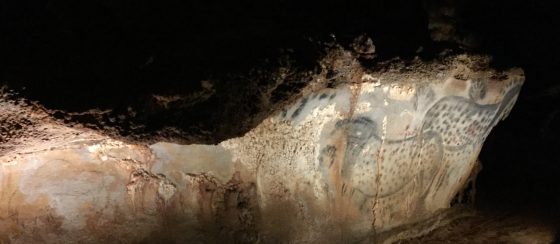
I follow an Iranian woman on Instagram that demonstrates in short videos her embroidery techniques. She does beautiful work — intricate flowers, leaves, curlycues, snowflakes. Her pigment choices are amazing and she does very detailed art in that multicolored thread. I know how to sew and I had a vague idea of how to embroider — I mean I can pull off a flower or a leaf if I had to. But my “knowledge” of embroidery comes from extrapolating what I know about sewing and guessing at the rest. But this woman is actually a master of this skill. And by watching her for a few seconds here and there doing her art, I realized that thread conservation is an important part of embroidery! Not only is beautiful thread expensive (e.g. gold thread), but the bulk that would be added to the material by doing the design on both sides would be awkward. Double-sided embroidery would mess up the delicate expression of the final piece of art. So there is more to this skill than I realized at first blush. Many crafts require expertise that is hidden from casual view. In many cases, the achievement of effortless grace is anything…

